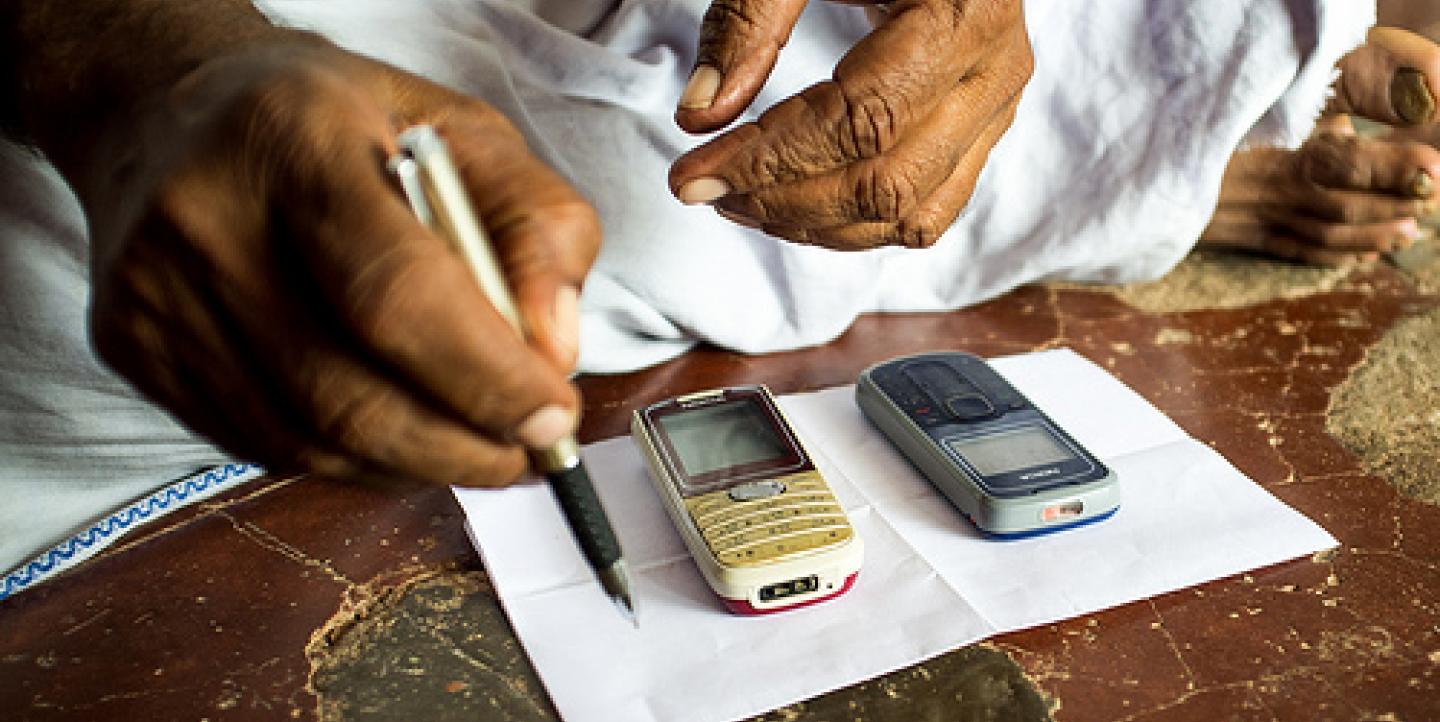When a company in Indonesia reduced a passable village road to a pool of mud, local farmers reported the damage by text message to a local TV station, and the company was forced to fix the road.
Until recently, incidents like this went unreported by the media. The country's farmers were frequently forced off their property due to violations by hundreds of plantation companies.
"For the last 10 years, indigenous communities in Indonesia have been displaced from their ancestor lands as the government issues substantial concessions for palm plantation companies,” environmental journalist and media trainer Harry Surjadi told The Jakarta Post. “The mainstream media receives advertising revenue from these companies and do not listen to the voices of these communities."
Surjadi realized the farmers had a tool that could change that: the cell phone. He taught them basic journalism, including observation skills, data collection, news writing for SMS and basic reporting, as part of his recent ICFJ Knight International Journalism Fellowship.
Now, nearly 200 indigenous farmers in remote villages are using cell phones to report on land grabbing, illegal logging and illicit land clearing. They send text messages using RuaiSMS, a communication channel that uses mobile phones and FrontlineSMS. Their reports flow to a local TV station, RuaiTV, where they are displayed anonymously in news tickers.
For his work training the farmers, Surjadi, a longtime environmental journalist, won a $2,500 Communication for Social Change Award this year from Australia's University of Queensland.
The farmers' reports are changing the status quo in rural Indonesia, Surjadi said.
When a police officer was offended by a news item on RuaiTV, he wanted to summon the farmer who wrote it. Frustrated that the farmers were anonymous, the police officer went to the head of RuaiTV and asked for the farmer’s name. But RuaiTV refused to tell him.
"Finally, the police officer went to the village to talk with the farmers, and they all agreed to work together to solve the issue,” Surjadi said.
Jessica Weiss, a former IJNet managing editor, is a Buenos Aires-based writer.
Global media innovation content related to the projects and partners of the ICFJ Knight International Journalism Fellows on IJNet is supported by the John S. and James L. Knight Foundation and edited by Jennifer Dorroh.
Image CC-licensed on Flickr via CGIAR Climate.

